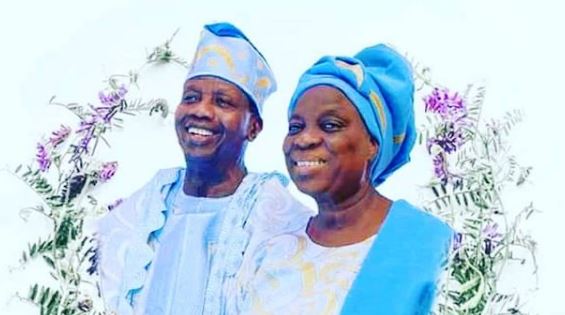While the notion that arranged marriages tend to last longer than love marriages is a common belief, it’s crucial to approach this topic with a nuanced perspective. The longevity of any marriage depends on various factors, and generalizations may not universally apply.
Here are some factors often associated with the perceived longevity of arranged marriages:
1. Family and Community Support:
Arranged marriages frequently benefit from the support and approval of both families and the broader community. This external backing establishes a robust foundation for the couple, fostering a sense of responsibility not only to each other but also to their families and community.
2. Shared Values and Backgrounds:
Arranged marriages, particularly in specific cultures, may involve matching individuals with similar backgrounds, values, and cultural expectations. This alignment can reduce the likelihood of conflicts arising from differences in fundamental beliefs.
3. Commitment to Making It Work:
Some arranged marriages exhibit a stronger commitment to making the relationship succeed. Socially, divorce may be less acceptable or carry more significant consequences, driving couples to invest more effort in overcoming challenges.
4. Lower Expectations:
Individuals in arranged marriages might, in some cases, have lower expectations regarding romantic love or idealized notions of marriage. This pragmatic and realistic approach to relationship challenges can contribute to longer-lasting marriages.
5. Parental Guidance:
Arranged marriages often involve parental or familial guidance, offering stability to the relationship. This guidance becomes particularly valuable during challenging times and can contribute to the enduring nature of the marriage.
It’s essential to note that these factors do not guarantee the success of arranged marriages universally. Successful love marriages exist, and societal attitudes toward arranged marriages are evolving. The key determinants of a marriage’s success lie in the commitment, communication, and compatibility of the individuals involved. Cultural, regional, and individual variations play a significant role, making each marriage a unique journey.





